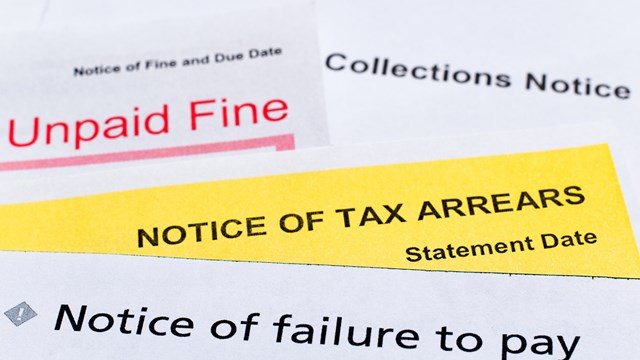There are times when even prudence, foresight and good planning, cannot prevent significant and unforeseen challenges, and circumstances occur which are beyond a board's control. This article identifies some of these situations, and provides some general suggestions and considerations for boards confronted with these challenges.
Even with good contingency planning, boards may still encounter situations in which they incur a significant expense for which they had not budgeted. These circumstances fall into a variety of general categories, which can result from:
• Nature—such as heavier than anticipated snowfall, or damage caused by rain, windstorms, or pollution.
• Market forces—changes in the costs of goods and services, caused by economic forces, can have a significant impact on an association. Over the past several years, we have experienced this as it relates to insurance premiums. Similarly, spikes in oil prices can have a direct impact on an association's utility costs.
• Inadequate budgeting—as common elements age, they can require increasing, but unpredictable levels of maintenance or repair; this makes it difficult for boards to accurately forecast a budget for general repairs and maintenance. Another example would be a budget, which does not reflect a contractor's annual price increase already approved via a contract.
• Capital "crunch"—which relates to the possibility that common elements may have failed prematurely/unexpectedly, or the repair/replacement expense is substantially greater than what was anticipated.
• Developer/Sponsor Transition/Negotiation—addresses items for which the developer/sponsor may not have budgeted or which are the subject of negotiations as part of the transition process. These could include capital replacement funding issues, property maintenance requirements, or anticipated subsidies.
What to Do?
Although each association's specific circumstances are unique, there are some general approaches boards can evaluate, and review with their professional advisors to address their specific needs. We suggest the following strategies for consideration:
• Utilize prior year(s') accumulated surplus—if such a surplus exists, then depending on the nature, magnitude and timing of the expense, it may be appropriate to spend some or all of the surplus to resolve the outstanding obligation
• Use prior year(s') accumulated working capital contributions—at the time of closing on a unit, many associations collect working capital contributions which are used for the association's working capital needs. We recommend that associations maintain approximately three (3) months of operating expenses in this fund; if there is an excess of three (3) months of expenses in the fund, the board should consider using it to address this need.
• Reduce other expenses—this is always prudent; however, expense reduction by itself rarely proves sufficient to provide the needed funds for unforeseen circumstances.
• Defer an expense—if the payment arrangement can be renegotiated and deferred, it might assist with current cash flow needs.
• Amend current year's budget—certain expenditures, such as a sizeable increase in insurance premiums, affect both current, and future, residents. In this type of situation, it may be advisable to immediately amend the maintenance budget and increase maintenance fees accordingly.
• Special assessment—this would be appropriate when individuals in the community directly benefited from the service delivered, such as snow removal. In these instances, we recommend that the assessment occur as soon as possible, so that the residents who benefited from the service, fund the expense.
• Borrow funds—there are some scenarios in which obtaining financing can be an appropriate, and viable approach to address the association's funding needs. Borrowing funds may be used in conjunction with, or instead of, a number of the previously listed suggestions. Obtaining a loan is usually associated with capital replacement projects, and could be appropriate when:
• Capital reserves would be depleted to the point that they could no longer sufficiently cover other anticipated capital replacement projects;
• A special assessment may be unaffordable;
• The project would need to be extended over a time period that would create undue hardship or inconvenience to the residents.
Summary
This article presents general guidelines to be considered when a board encounters circumstances beyond its control. In such situations, we urge the board to not only meet with its professionals, but to maintain open communication with its community. If appropriate, the board should determine the optimal method to communicate the circumstances, delineate the alternatives considered, and explain the reasons for the approach taken to address the issue.
Jules Frankel and Gary Rosen are with the East Brunswick-based Wilkin & Guttenplan P.C., a certified public accounting and financial consulting firm.







Leave a Comment